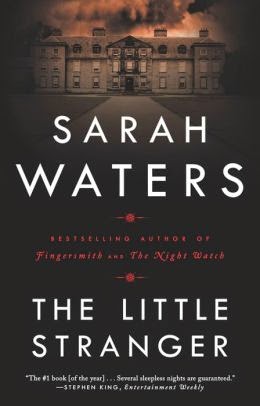 Douglas Nicholas is an award-winning poet, whose work has appeared in numerous poetry journals, and the author of several books, including the novel Something Red and Iron Rose, a collection of poems inspired by New York City.
Douglas Nicholas is an award-winning poet, whose work has appeared in numerous poetry journals, and the author of several books, including the novel Something Red and Iron Rose, a collection of poems inspired by New York City.His new dark fantasy novel is Throne of Darkness.
Recently I asked Nicholas about what he was reading. His reply:
Heart-Beast by Tanith Lee. This was one of the most effortlessly beautiful books I've read. A somber werewolf tale that has the dimension and gravity of an ancient legend, written in wonderfully poetic language, it's alsoVisit Douglas Nicholas's website.gripping, frightening, and moment after moment hinting at vaster realities just behind the text. There is a striking visual image or turn of speech on every page. Read it in sips, because you want to savor it.
The Earl by Cecelia Holland. I’ve recently been re-reading this book. I first read it many years ago in a blackout during a heat wave in New York's Greenwich Village. By candlelight. In an uncomfortably hot room, even a candle can be felt on your face as an extra source of heat, and while it sounds romantic, it's hard to read by low light.
Despite all this, I didn't--couldn't--stop reading. Holland uses a lean prose style to build up a portrait of a complex and intelligent man negotiating treacherous political and military circumstances in the twelfth century.
The Dying Earth by Jack Vance. Another re-read, a classic. Notable for its extraordinary prose style, its imaginative view of how magic might be done, and its coolly amoral universe.
Blood Meridian, or The Evening Redness in the West, by Cormac McCarthy. An extremely violent work written in beautiful, often exalted, prose. Bleak and savage. A masterpiece, but not for the sensitive. Early on, a tent-revival preacher accused, in the midst of a service, of sexual predation points to his accuser and says, “He’s here! It’s the Devil himself!” or words to that effect. Slowly the reader realizes that he was telling the truth.
The Page 69 Test: Throne of Darkness.
--Marshal Zeringue



















































